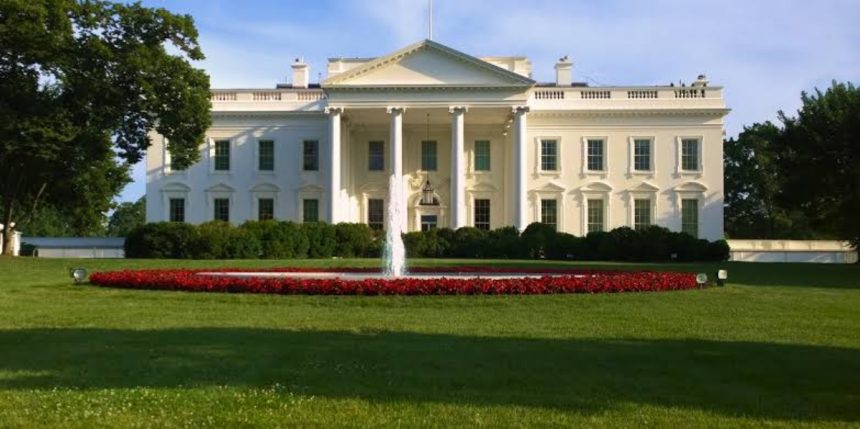The 2024 presidential campaign faces unprecedented challenges following Donald Trump’s historic criminal conviction.
Found guilty on all 34 charges in his New York hush-money trial, Trump swiftly transitioned from courtroom to campaign mode, declaring himself a “political prisoner.”
Scheduled to speak from Trump Tower early Friday, Trump continues to contend with three more serious criminal indictments related to his attempts to overturn the 2020 election and his retention of classified documents.
These cases are not expected to go to trial before the November election.
Despite these legal battles, Trump has managed to turn his criminal charges into a symbol of defiance, comparing himself to Nelson Mandela and reinforcing his narrative of a “deep state” conspiracy.
Meanwhile, President Joe Biden has avoided leveraging Trump’s legal issues for political gain, focusing instead on maintaining judicial independence.
His campaign acknowledged the verdicts by emphasizing that “no one is above the law” and highlighting the ongoing threat Trump poses to democracy.
The jury convicted Trump of falsifying business records to conceal a payment to silence Stormy Daniels, preventing her from revealing an alleged affair that could have impacted his 2016 presidential campaign.
The prosecutors argued that this hush money was part of a broader scheme to mislead voters ahead of the election.
Trump faces potential sentences of up to four years per count but is more likely to receive probation.
Sentencing is set for July 11, just days before the Republican National Convention, where Trump is expected to be nominated as the party’s candidate.
Political analysts like Keith Gaddie from Texas Christian University suggest the conviction’s impact on voter behavior remains uncertain.
While it may not significantly shift overall votes, it could influence swing voters in key states, potentially affecting the election outcome.





